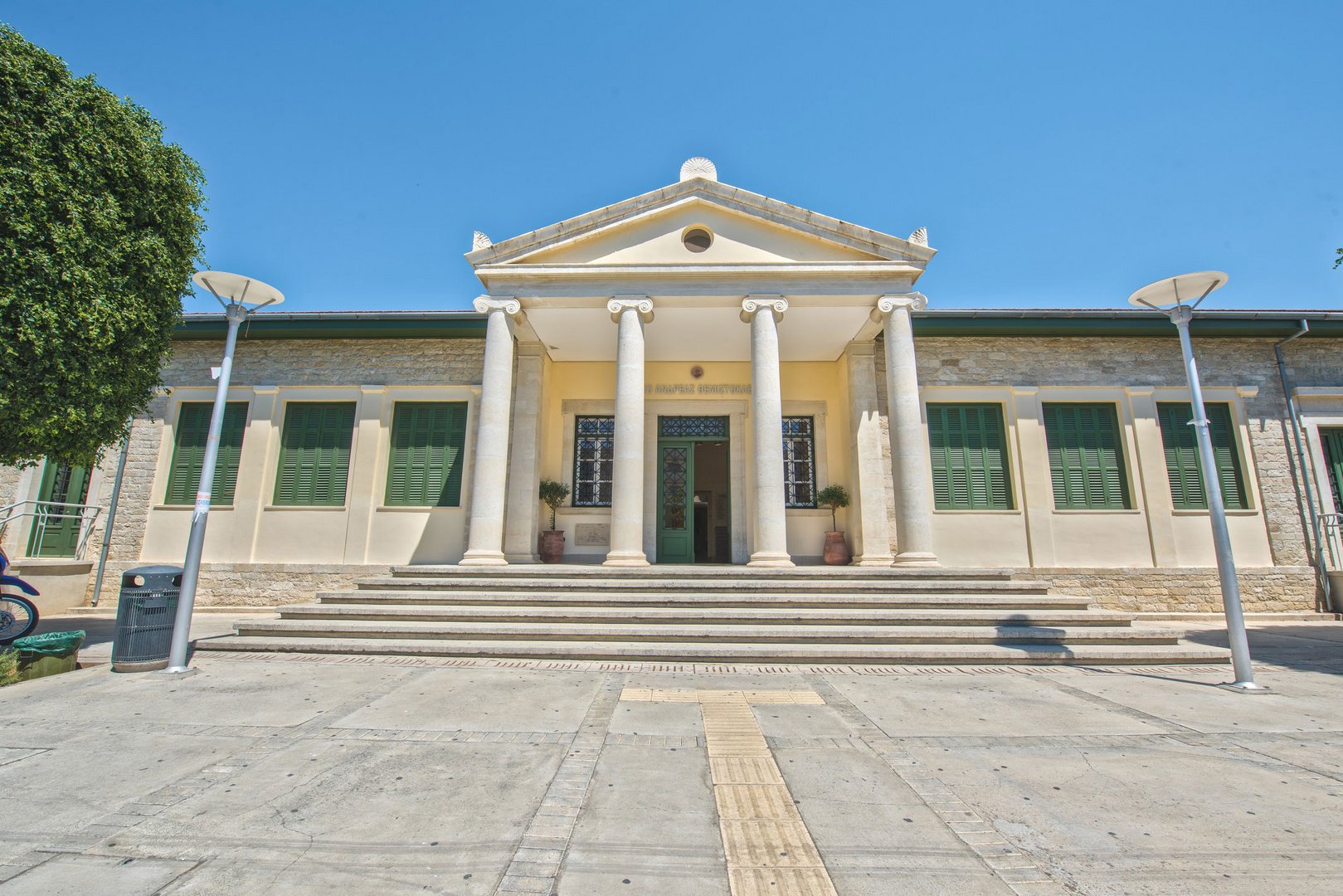Senior academics warned on Thursday that continued legislative delays are stopping them from launching English-language degree programmes, while foreign institutions are moving ahead with ease.
Meanwhile, branches of foreign universities, mainly from Greece, have already received the green light to offer both Greek and English-taught degrees. For Cyprus’ public universities, the wait drags on.
“This is not just a delay. It is discrimination,” said Tassos Christofides, rector of the University of Cyprus, speaking to the state radio.
“No similar programme has been approved for us, while Greek university branches have already secured permission to operate in English.”
He accused lawmakers of giving foreign institutions a head start while tying the hands of local ones.
“It’s unfair and unjustifiable,” Christofides added.
We’re losing time, credibility, and students.”
The issue has come before the House education committee several times. According to Christofides, however, there has been no clear explanation for the holdup. He warned that the presence of foreign institutions offering English-language degrees could even push up rental prices in surrounding areas, making life harder for students.
Panayiotis Zafiris, rector of the Cyprus university of technology (Tepak), echoed the concern. He pointed to major investments in Greek universities by their government, which he said is helping them grow internationally at speed.
“Greece is spending €80 million to develop joint postgraduate degrees with top global universities like Harvard, Yale and Columbia,” Zafiris told the state radio.
“Our university is fortunate to be included, but we are still stuck waiting for Cyprus to approve our side of the plan.”
He explained that some of these programmes will be offered online, others in person. But Cyprus’ public institutions remain trapped in bureaucracy. Zafiris said proposals have been sent to parliament for years, with no result.
“Private universities follow a single, stable law. Public ones face multiple legal obstacles that slow everything down,” he said.
One such obstacle is the proposed creation of university clinics in general hospitals. Despite wide support from academics and doctors, the plan is also on hold, still waiting for House approval.
The delays are now seen as more than just red tape. University leaders warn that Cyprus’ entire public higher education system is at risk of falling behind. Without English-language degrees, they cannot tap into the global student market. That means fewer international students, less revenue, and a shrinking reputation.
Meanwhile, foreign institutions are filling the gap, with fewer restrictions.
“How can we possibly justify holding back our universities while inviting others to expand here?” Christofides asked.
“It makes no sense.”






Click here to change your cookie preferences